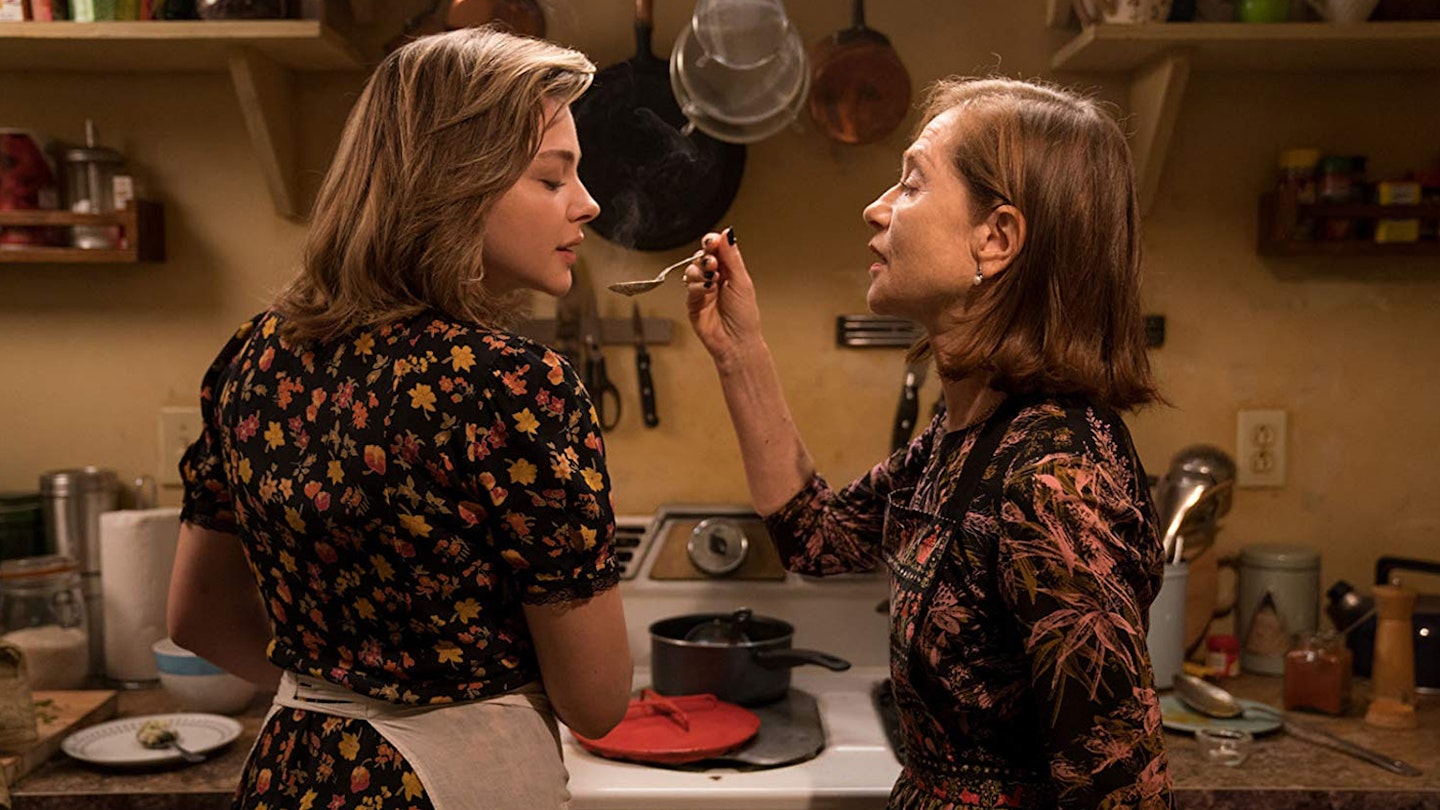With a premise that seems ripped straight from the glut of psychological thrillers from the ’90s, Neil Jordan’s Greta doesn’t exactly play things subtly. There’s no pretence that the audience won’t immediately know that something is wrong with the eponymous widower, and no time is wasted in revealing the depths of Greta’s obsessiveness, announcing each revelation with blaring, menacing soundtrack cues.

Following a quick, efficient set-up detailing Frances’ sheltered upbringing and comfortable post-graduate lifestyle, the film seems to hurry along to what it knows is its best material — Isabelle Huppert playing a cunning psychopath. With a typically great performance that alternates between enthralling and terrifying, Huppert is the film’s greatest weapon. But before she takes centre stage, the first act is plagued by shaky character work and flat dialogue — particularly with Frances’ roommate Erica (Maika Monroe), who is more of a collection of quips than a character.
Isabelle Huppert is the film's greatest weapon.
Despite the awkward first act, Jordan is adept at creating tense, cruel situations where Frances is completely backed against the wall. Of course, the police are ineffective as Greta keeps just enough distance to be no threat in the eyes of the law (“She’s just looking for attention”). In this respect Greta recalls Steven Soderbergh’s Unsane, another intense (and trashy) thriller which acts as a vehicle for a point about how institutions frequently fail to protect women.
Greta’s lunatic last act mostly makes up for its missteps, piling up dream sequences and twisted acts of violence as the film reaches its delirious peak. This is, after all, a film in which Huppert flipping a table in an expensive-looking restaurant is one of the more mellow moments. It’s hard not to wish that Greta had reached such giddy heights a little sooner, but in the moment, it’s a joy to behold.





